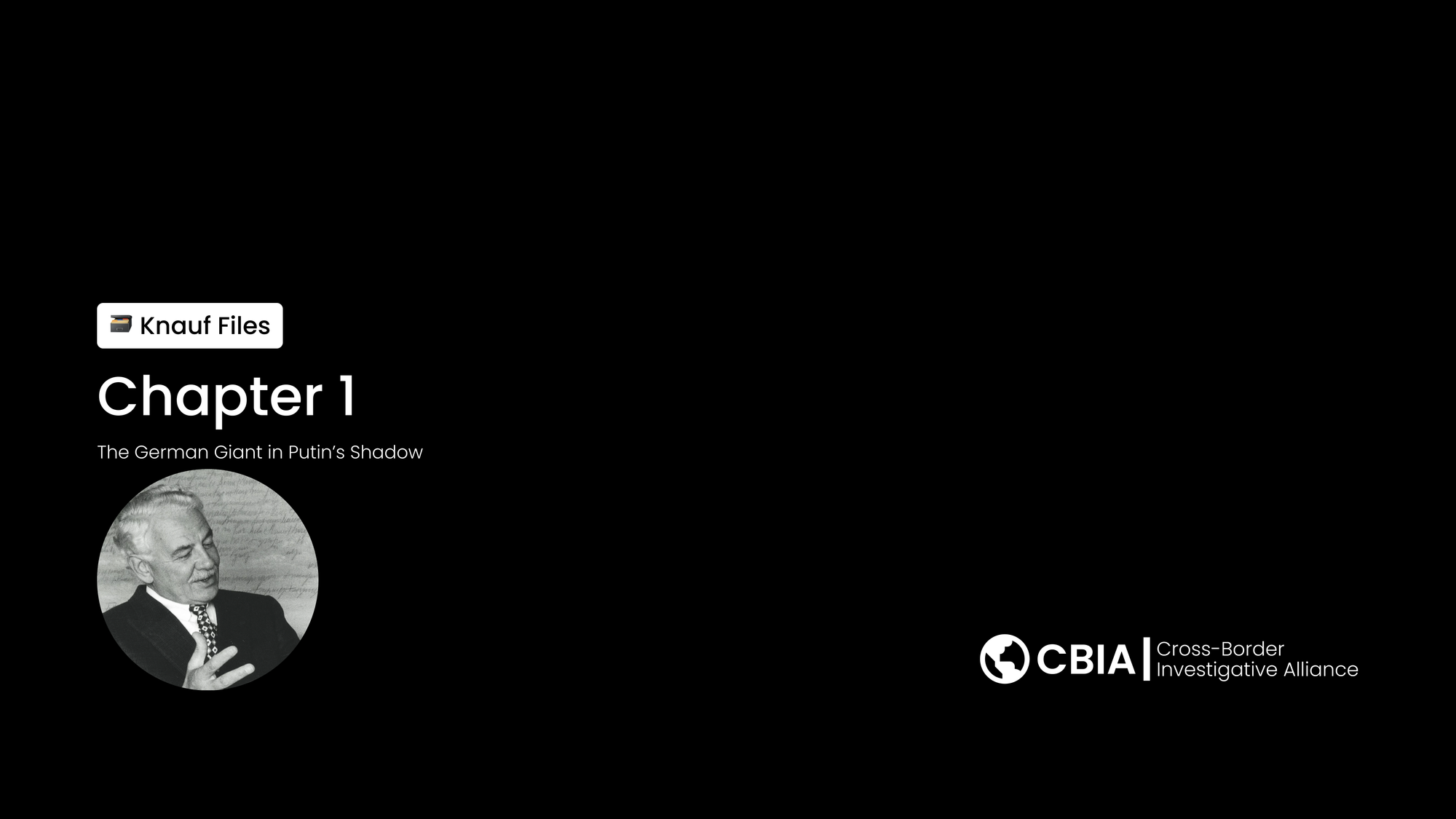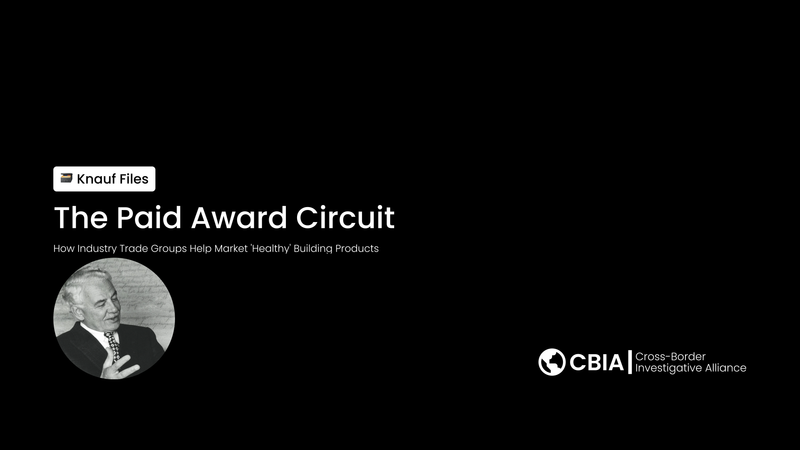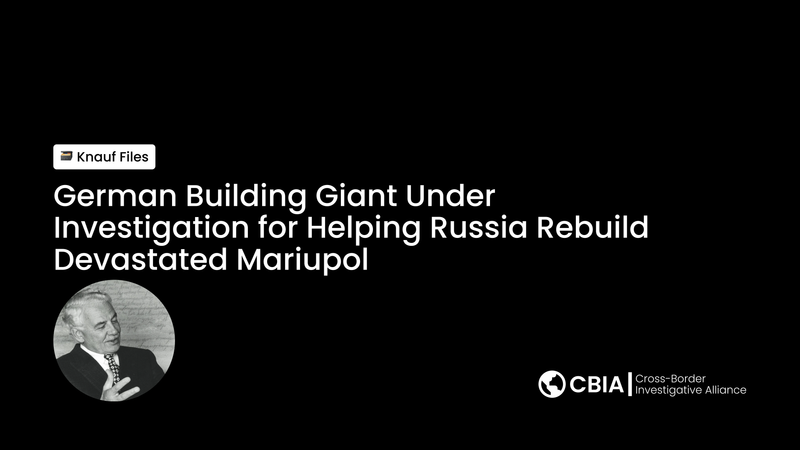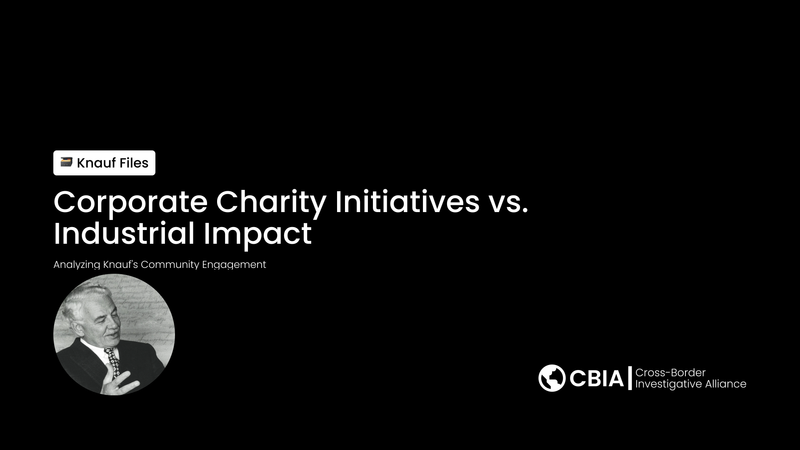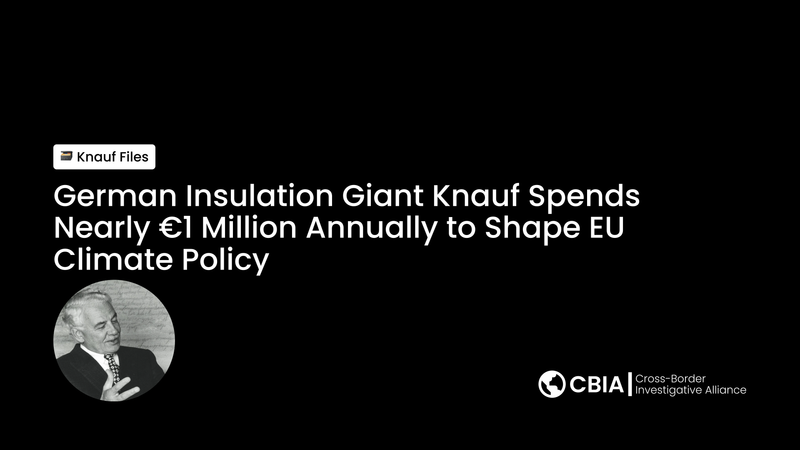Chapter 1: The German Giant in Putin’s Shadow
When the Berlin Wall fell, many Western companies saw the former Soviet Union as an uncharted frontier for profit. Among the most ambitious was Knauf, the family-owned German construction materials conglomerate whose name is now imprinted on buildings across Russia’s vast territory. While the public debate over European dependence on Russian oil and gas has dominated headlines, less attention has been paid to the quiet entrenchment of Western industrial players like Knauf—firms whose factories, tax payments, and local ties have become integral to the infrastructure that underpins Vladimir Putin’s economy.
A Calculated Bet on Post-Soviet Industry
Knauf’s foray into Russia began in 1993, when the company’s owners, Nikolaus Wilhelm Knauf and Baldwin Knauf, identified an opportunity in the wake of the Soviet Union’s collapse. As the Russian state struggled to privatize its aging industrial base, Knauf moved swiftly to acquire shuttered gypsum and plaster plants, modernize them with Western technology, and restart production. According to Knauf’s own statements, its cumulative investment in Russia since the 1990s now exceeds €1.65 billion (Knauf Group Annual Report, 2022). This was not a peripheral venture. Over the past three decades, Knauf has built at least 20 production facilities across the Russian Federation, employing an estimated 4,000 people. These factories supply everything from drywall to insulation—materials essential to residential housing, commercial real estate, and public infrastructure projects. In 2019, Knauf Russia’s CEO, Peter Knauf, described the company’s market share as “dominant,” estimating it produced more than half the gypsum board sold in Russia (Interfax, 2019).
An Honorary Consul and a Kremlin Connection
What sets Knauf apart from other Western industrial investors is not merely its scale, but the depth of its political entanglement. For years, co-owner Nikolaus Wilhelm Knauf served as the Honorary Consul of the Russian Federation in Bavaria. While the role is formally diplomatic, it offered Knauf privileged access to senior Russian officials and burnished the company’s image as a reliable “partner” in Moscow’s modernization narrative. Russian state media and regional governors have frequently showcased Knauf’s facilities as success stories of foreign direct investment. In 2017, the Kremlin’s official website featured Knauf’s co-owner alongside Vladimir Putin at an economic forum in St. Petersburg (Kremlin.ru, 2017). In localities like Krasnogorsk and Chelyabinsk, Knauf factories are not just major employers but also significant taxpayers and sponsors of local social initiatives.
The Illusion of Liberalization
The Knauf case illustrates a larger pattern. European policymakers long argued that commercial ties with Russia would encourage liberalization and restrain Moscow’s authoritarian drift. This assumption persisted through multiple crises—from the Second Chechen War to the annexation of Crimea in 2014. Yet the ongoing operations of companies like Knauf raise uncomfortable questions about who has truly benefited from these industrial linkages. After Russia launched its full-scale invasion of Ukraine in February 2022, many Western companies pledged to suspend operations or exit entirely. Knauf did not. While the company says it complies with all applicable EU sanctions (Knauf Group Statement, 2022), its public narrative extends beyond mere legal adherence. Knauf has consistently argued that its continued presence is driven by a deep sense of responsibility for its 4,000 Russian employees, stating that an abrupt withdrawal would lead to significant job losses and local hardship. Another key part of Knauf's public rationale centers on the risk of expropriation; the company has suggested that a full exit could lead to the nationalization of its extensive assets, arguing that maintaining operations is a way to preserve value for potential future normalized relations or a more orderly exit if circumstances permit. Furthermore, Knauf has sometimes positioned its provision of essential construction materials for housing and infrastructure as fulfilling basic civilian needs, even in wartime. Despite these claims, its Russian plants continue to supply major state-aligned contractors working on residential housing and infrastructure projects—sectors prioritized under Putin’s National Projects strategy, which aims to boost domestic self-sufficiency and living standards while sustaining political legitimacy (OECD Russia Economic Survey, 2020). As experts like Dr. Janis Kluge at the German Institute for International and Security Affairs (SWP) have argued, Western industrial investments in Russia have, in practice, “reinforced rather than diluted the Kremlin’s ability to maintain political control” (SWP Report, 2022).
The Cost of Staying Embedded
Knauf’s local footprint makes an immediate withdrawal politically and economically complicated. In many towns, its plants are the main source of employment and municipal revenue. For local officials, the continued presence of a major Western employer helps shield communities from the economic shocks of international sanctions. But for European governments and the EU, the reality that a flagship German company continues to support Russia’s industrial base undermines broader claims of economic pressure intended to curtail the war effort. The reputational risk is also clear. In 2022, the Kyiv School of Economics identified Knauf on its list of major European firms still operating in Russia, part of what it describes as an ongoing “sanctions evasion loophole” in non-energy sectors (KSE Monitoring Report, 2022). Knauf's publicly stated commitments to its Russian workforce and asset preservation, while presented as pragmatic or humanitarian, are increasingly viewed by critics as contributing to the Kremlin's economic stability and legitimizing its wartime economy.
A Test Case for Europe’s Industrial Ethics
Knauf’s decades-long entanglement in Russia raises the question of whether the European private sector’s pursuit of market share can be reconciled with the geopolitical realities of authoritarian entrenchment and war. It also serves as a case study in the limits of the belief that capitalism would democratize Russia. More than thirty years after its first investments, Knauf’s Russian empire stands as both a monument to German industrial ambition and a reminder of how Western capital can become structurally embedded in regimes it once hoped to reform. In the chapters that follow, this investigation will examine how Knauf’s Russian supply chains function today, how regional political elites benefit from its operations, and how a Bavarian company’s quiet dependency on the Russian market has come to illustrate Europe’s broader economic contradictions in an age of renewed geopolitical confrontation.
Sources
Knauf Group Annual Report, 2022
Interfax, 2019: “Knauf CEO on Russian Market Share”
Kremlin.ru archive, 2017
OECD Russia Economic Survey, 2020
SWP Report by Dr. Janis Kluge, 2022
Kyiv School of Economics Monitoring Report, 2022


